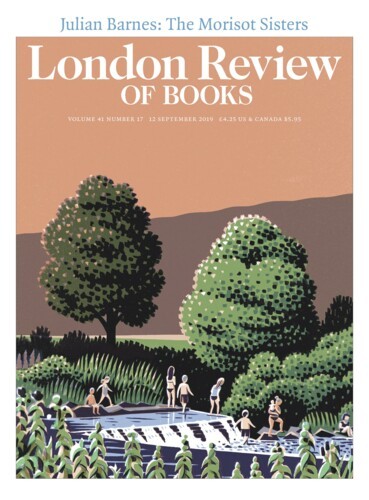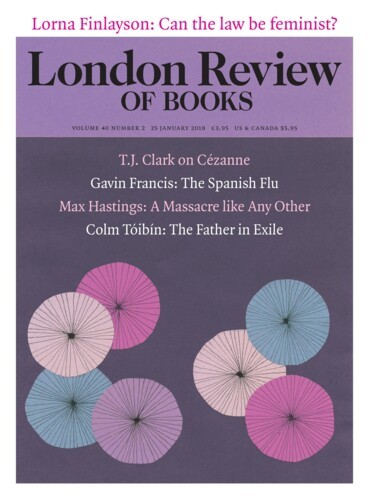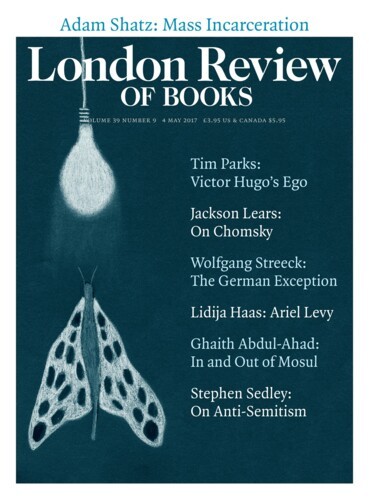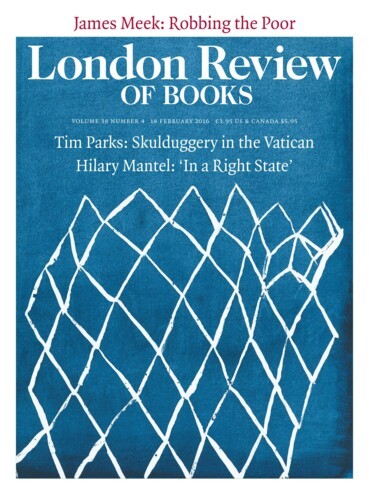Enemies on All Sides: Masada
Josephine Quinn, 12 September 2019
Highway 90 follows the Great Rift Valley from Jerusalem down to Masada alongside what’s left of the Dead Sea, making it the lowest road on earth. On the right, sheer cliffs hide the caves of Qumran, where the Dead Sea Scrolls were found. On the left, over-extraction from the River Jordan upstream and mineral harvesting from the inland lake itself means that the shoreline is receding,...




